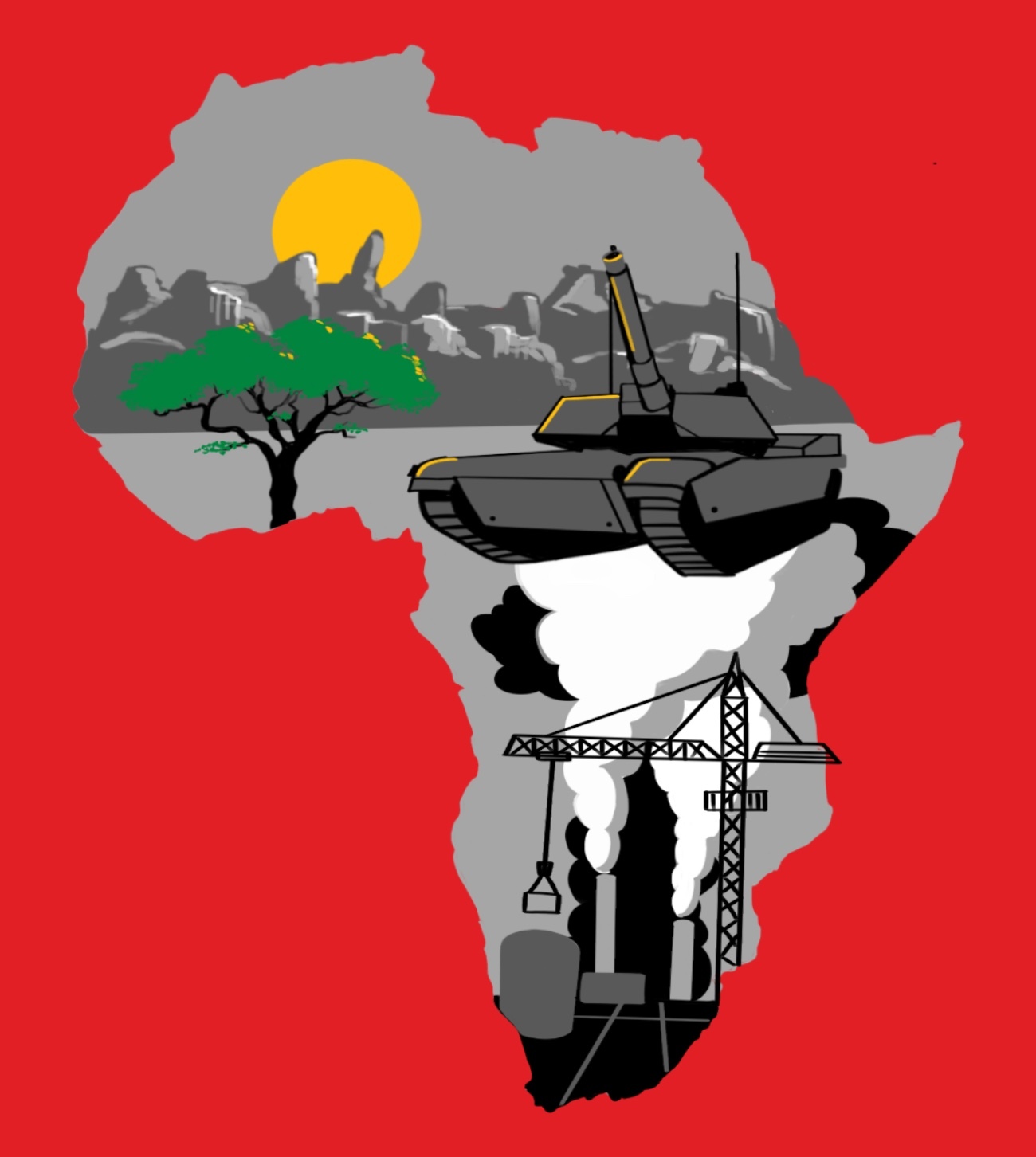The Climate Conflict Trap: Examining the Impact of Climate Change on Violent Conflict in Sub-Saharan Africa
DOI:
https://doi.org/10.26443/firr.v11i2.72Abstract
As recently as 2019, international security officials reported that international state sponsors of terrorism, such as ISIL, were moving into Sub-Saharan Africa. The causal links between climate change and conflict, especially in an understudied and misunderstood region such as Sub-Saharan Africa, are often complicated and ill-defined. In reality, climate change does not unilaterally or unconditionally strengthen terrorist organizations and, by extension, civil conflict. The circumstances of climate change impact the trajectory of violent non-state armed groups in Sub-Saharan Africa through three primary mechanisms that intersect and interact with one another: natural resource instability, colonialism, and the intensity of intra-state tensions throughout a particular region. Through these three primary lenses, it is evident that, in Sub-Saharan Africa, the effects of climate change exacerbate conditions that, in turn, provide a unique, fertile environment for violent non-state armed groups to develop and thrive.
Downloads

Downloads
Published
Issue
Section
License

This work is licensed under a Creative Commons Attribution-NonCommercial-NoDerivatives 4.0 International License.

